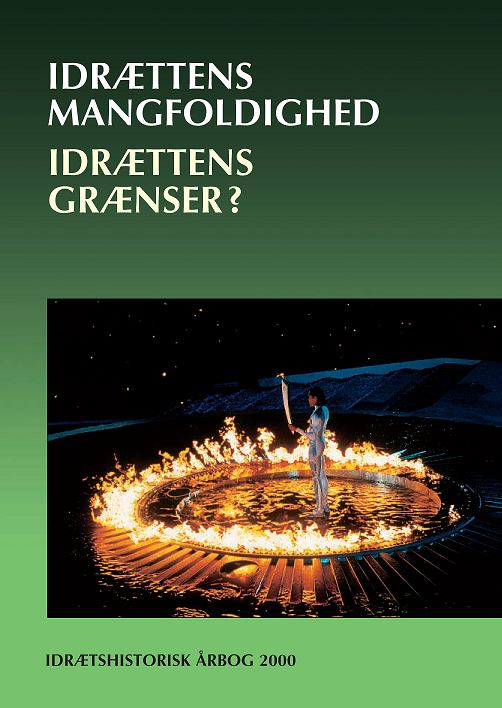Den olympiske sport er ikke blot et spejl af samfundet
DOI:
https://doi.org/10.7146/ffi.v16i0.31751Resumé
En beskrivelse af olympisk sport fortolket som løsningsmodel for sociale og kulturelle problemstillinger i moderne samfund bl.a. set i et kønsmæssigt perspektiv.
Olympic Sport: A unique modern institut
The viewpoint presented here is that the order of modern sport can be said to constitute a negation of the chaos that can obtain in everyday social life. It is argued that modern sport, as it developed after the turn of the last century, has come to provide not only a refuge for men from the struggle for political and class position but also a refuge from the struggle for gender position. Moreover, the realm of sport can be seen not only as providing a refuge from existing cultural conceptions and norms, but also as a formative realm. Sport as a formative realm refers to sport as a spectacle. The notion of spectacle belongs to the newer genre of sporting events and was not a dimension of the Olympic idea that was looked upon with approval by the initiator of the modern Olympic Games, Pierre de Coubertin. The function of the spectacle, to entertain and to satisfy the eye rather than the spirit, tends to draw the attention of participants away from the festival, the ritual and the game. With sportswomen’s access to public arenas, women became a feature of the spectacle. Their status as “natural” beings was converted to that of incumbents of a performance role in a public, historical occasion and the femininity of women became the subject matter of reflexive thought. In constituting a spectacle, sporting events can be a challenge to existing cultural conceptions and norms – regarding the status of women, for example, – in addition to providing a refuge from the chaos of social life.
Downloads
Publiceret
Citation/Eksport
Nummer
Sektion
Licens
Forfattere, der publicerer deres værker via dette tidsskrift, accepterer følgende vilkår:
- Forfattere bevarer deres ophavsret og giver tidsskriftet ret til første publicering, samtidigt med at værket er omfattet af en Creative Commons Attribution-licens, der giver andre ret til at dele værket med en anerkendelse af værkets forfatter og første publicering i nærværende tidsskrift.
- Forfattere kan indgå flere separate kontraktlige aftaler om ikke-eksklusiv distribution af tidsskriftets publicerede version af værket (f.eks. sende det til et institutionslager eller udgive det i en bog), med en anerkendelse af værkets første publicering i nærværende tidsskrift.
- Forfattere har ret til og opfordres til at publicere deres værker online (f.eks. i institutionslagre eller på deres websted) forud for og under manuskriptprocessen, da dette kan føre til produktive udvekslinger, samt tidligere og større citater fra publicerede værker (se The Effect of Open Access).





